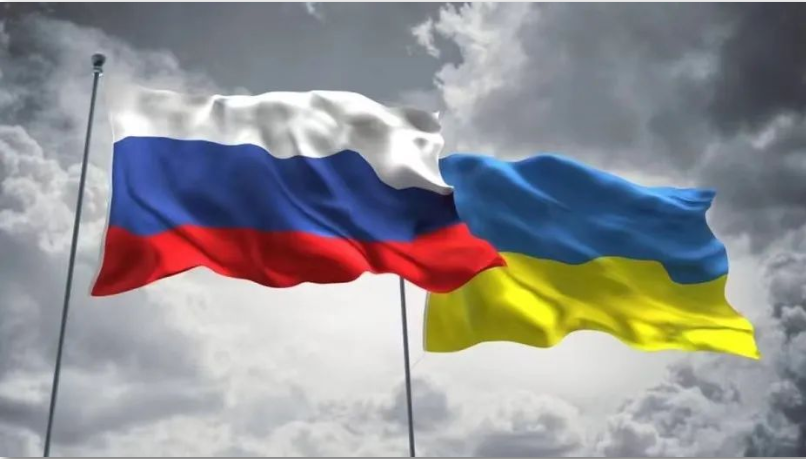31
Mar

Even if Europe imports 15 billion cbm LNG from the US this year, the Russia-Ukraine conflict has quickly and significantly increased European energy cost. The EU's short-term cost to lessen its dependence on Russian energy may amount to 100 billion Euros (50 billion Euros of replenishment of gas reserve, 25 billion Euros of additional costs for importing gas from other sources, and 25 billion Euros of intra-EU distribution cost). The plan of dispatching LNG fleet to Europe has been proposed for some time. However, it is known to all that Germany has no LNG terminal at all, and needs to spend 12 to 24 months and billions of U.S. dollars on the construction of the required facilities. Since January 2022, the EU has imported a record amount of LNG from the US, five times more than the transport volume via the Russian pipelines, and at fourteen times the gas price of Henry Hub.
Up to now, Russia remains the largest supplier of oil, gas and coal to the EU. For many years the US kept encouraging its European allies to get rid of the dependence on their eastern neighbor, and the US is clearly a desirable source for the European countries seeking for an alternative to the Russian gas, thus strengthening its role in European LNG import. In 2021, the US became the largest LNG supplier to Europe that accounted for 26 percent of all imports to the EU27 and the UK, followed by Qatar (24 percent) and Russia (20 percent).
In January 2022, LNG accounted for 32 percent of European gas supply, and if all the import terminals across Europe were operating at full capacity, such proportion might rise to 40 percent. But this is clearly impractical that some of these terminals are not well connected to the major consumer markets. So far the US has become the largest LNG source and its LNG facilities are close to full capacity, while a newly-built LNG export facility will soon be launched. Nevertheless, the gap of Russian supply interruption cannot be made up yet. The EU is heavily dependent on fossil energy like oil, gas and coal from Russia. If no alternative is found immediately, the EU's economy will be seriously affected.
At a summit on March 24, the leaders of EU member states failed to reach an agreement on whether to ban Russian energy imports, and the most controversial issue was the sanction on Russian energy sector. Belgium, Germany, Austria and the Netherlands asked for more consideration on the impact of the sanction on both Russia and themselves. For example, after an assessment of the harm caused by the energy price to its people, Germany started a one-off energy price subsidy. Several other member states appealed for even tougher penalties against Russia.
Over the past years, the EU basically reached a consensus on most policies except for the energy diplomacy because of their varied energy structure and import sources. This objective fact cannot be solved at once. However, the Ukraine crisis is likely to encourage European countries to eliminate such variance as quickly as possible, and achieve a common energy policy and energy market in the real sense with a well-coordinated process of energy transition. By doing so, the continent will be a significant pole in the international energy landscape.
The Russia-Ukraine conflict will hamper the EU's energy supply and economic recovery in the short run, and probably damage its potential of economic growth in the medium and long term. Productivity is a key driver of output growth, especially in an aging society like the EU. But the soaring energy price is negative to its economic recovery in the short run. The EU's economy had already slowed down before the conflict. In Q4, 2021, the month-on-month economic growth rate reported less than 0.5 percent, much lower than the previous two quarters, and its inflation rate in 2022 will exceed 3.5 percent. A huge number of Ukrainian refugees flooding to the EU may affect the local society and security that further undermine the EU's confidence in consumption and investment. In addition, the geopolitical conflict disrupts the EU's international trade and supply chain to a greater extent, and sectors like automobile, semiconductor and chemical industries will be significantly impacted.
Author: Xu Qinhua
Deputy Dean of the NADS
Professor of International Political Economy and International Relation
Researcher of Eurasian Research Institute, RUC.